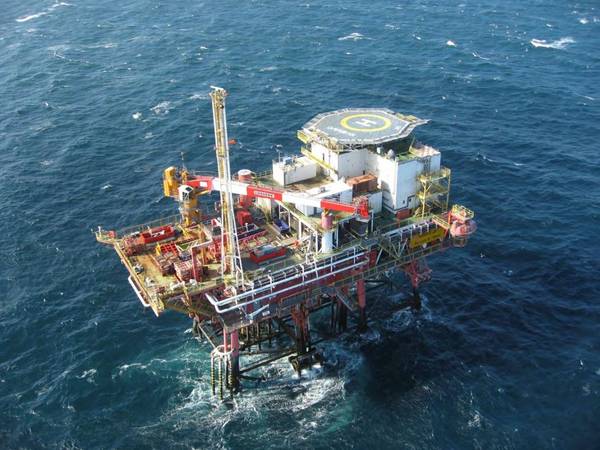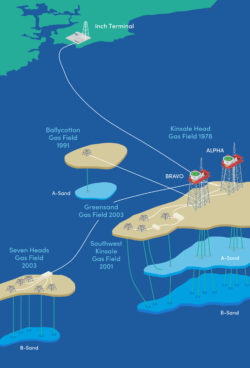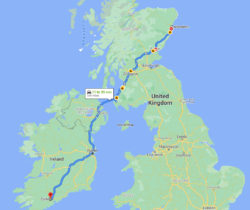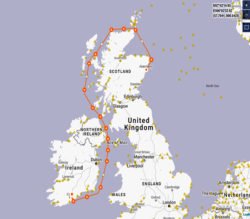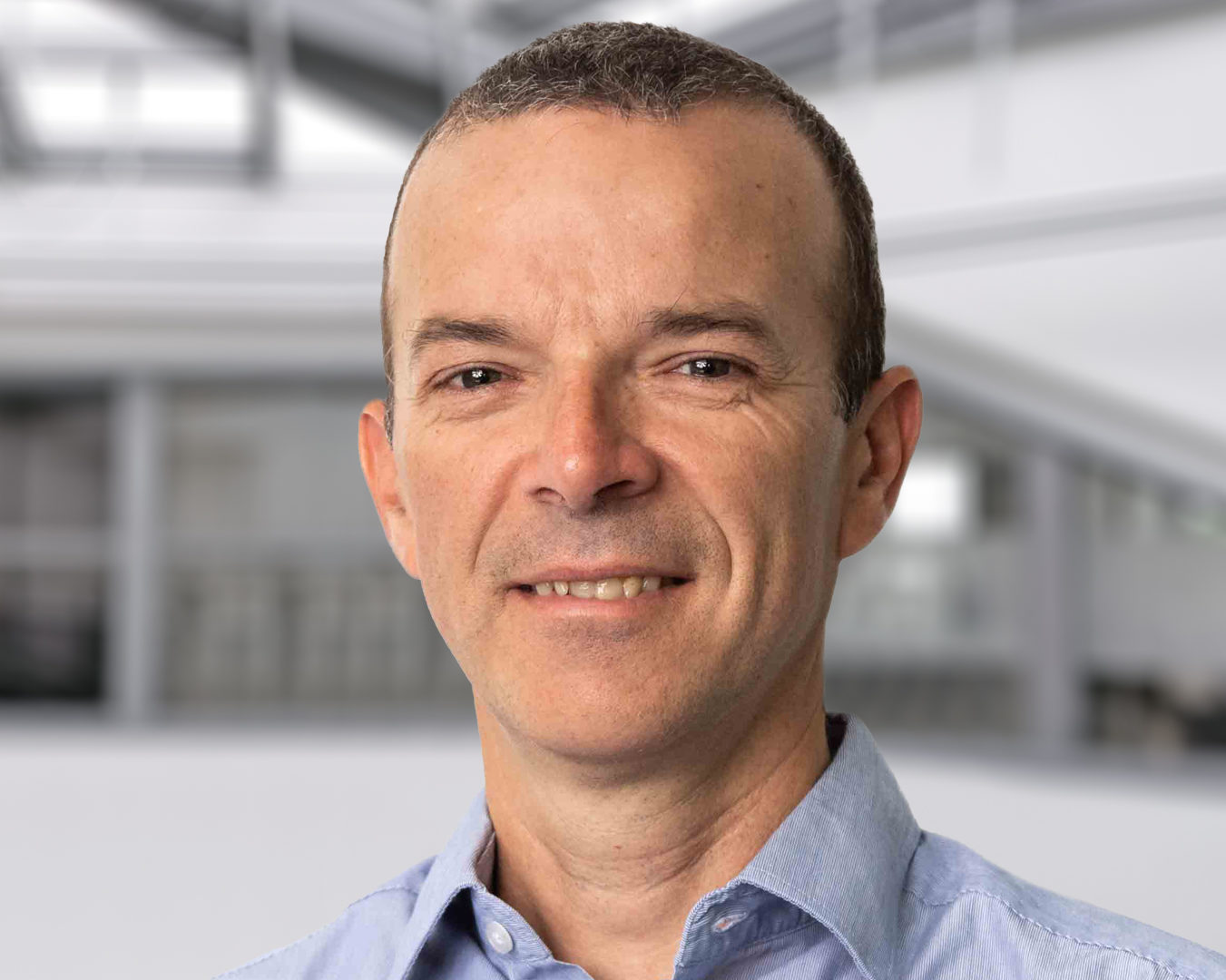The Outcome
Setting the standard for Ireland’s future decommissioning
Despite the challenges faced in this project, the outcome has set a precedent for future abandonment operations in the region.
Delivered safely, on time and under AFE
- The project was successfully completed on time and under the Authorisation for Expenditure (AFE) figure.
- Our teams achieved an outstanding QHSE performance and in full accordance with regulatory requirements.
- Through 355 days of continuous operations across both platforms the following HSEQ achievements were recorded:
-
- Zero reportable incidents or minor injuries
- Zero spills/environmental impact
- 100% chemical permit compliance
Unique service design and collaboration ensures success
A carefully designed project plan, which maintained excellent collaboration with the client and vendors throughout, ensured limited platform infrastructure, Covid-19 delays/uncertainty, and Brexit-related challenges were all overcome.
In addition, our team utilised innovative and cost-effective methods, such as hydraulic workover units (HWU) and ‘Perf & Wash’ technology as an alternative to conventional milling. This helped us deliver the project under budget.
Engineering innovation flourished
Through close collaboration with KEL and key vendors, several engineering innovations were implemented, improving the safety and efficiency of the project. This included designing and manufacturing a bespoke pipe storage facility on-board and a structural solution which allowed the casing cut at seabed to be removed as part of the platform decommissioning.
A tailored solution
The sequence of operations was split into three phases to achieve maximum efficiency. First, the wells were suspended, then plugged before the casing and conductor were cut.
This approach optimised equipment and personnel utilisation, allowed for the immediate implementation of lessons learned and provided significant cost savings by delaying the use of the HWU until necessary.
No logistical delays
Extensive logistics planning and communication with suppliers made sure that delays and disruption were largely avoided, in spite of the challenges created by the global pandemic and Brexit. The project was delivered while adhering to stringent Covid-19 guidelines, resulting in no positive tests recorded offshore.
Continuous learning to enhance performance
- Despite the accelerated nature of the programme, we implemented lessons learned ‘on the job’, to save further time and cost for the client.
- Examples included:
-
- Identifying specialist nipple set plugs (rather than permanent plugs), removing the requirement for additional tubing cuts.
- Reduced pressure testing requirements based on actual observed reservoir pressures, thereby reducing stress on the well envelope.
- Load-out and equipment installation was optimised based on early learnings in the project, reducing the number of lifts and improving safety.
- Through performing cement bond logs prior to abandonment, the remedial cementing design was adjusted to maximise use of existing annular cement in place.
- Redesign of platform equipment was carried out to reduce skidding times between wells.
- Reduced casing cutting times by identifying a more powerful unit and improved cutter technology.


